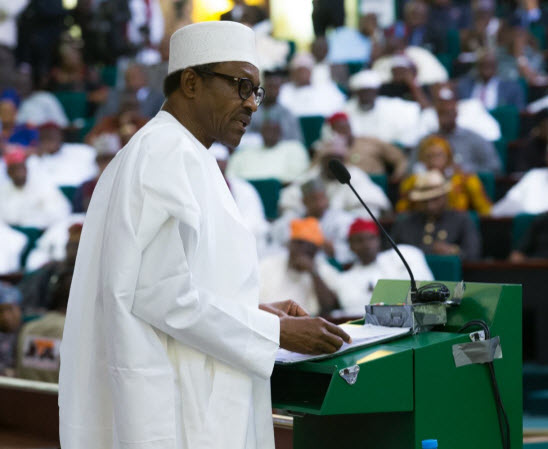There are no products in your shopping cart.
| 0 Items | £0.00 |


NIGERIA plans to fund about one third of its 2021 annual budget using loans as a result of the total collapse of the country's oil economy brought about by the recent coronavirus pandemic that has paralysed the crude oil industry.
Effectively a mono-economy, Nigeria is wholly dependent on the receipt of petroleum exports to fund her economy as they account for about 95% of government revenue. However, due to the coronavirus pandemic, not only have exports dropped drastically but the price of crude oil is also below the benchmark price of $57 a barrel set for the 2020 budget.
With no signs on things getting better, government ministers have decided to resort to borrowing to fund the 2021 budget. Next year, Nigeria is working on a N12.6trn ($32.4bn) annual budget, of which N4.28trn ($11bn) will be met by loans, mainly from global lenders like the World Bank and International Monetary Fund.
This proposed budget will be have a deficit of N5.16trn and will be partly financed by the loan package. These proposals are contained in the 2021- 2023 Medium Term Expenditure Framework (MTEF) and Fiscal Strategy Paper (FSP), forwarded to the senate by President Muhammadu Buhari for approval.
Last week, Nigeria's cabinet approved the MTEF/FSP and the sum of N12.6trn as the budget for 2021. These proposals target N481.4bn as statutory transfers, N5.7trn as recurrent expenditure, N3.3trn for capital expenditure and N3.12trn for debt servicing.
Other key assumptions of the expenditure framework shows that the federal government fixed $40 as oil benchmark price. Government ministers are targeting selling 1.86m barrels as oil production per day while the exchange rate was pegged at N360 to a dollar, with inflation fixed at 11.9%.
Meanwhile, a meagre sum of N132.5bn ($340m) was targeted for non-oil gross domestic product (GDP). Also included in the proposals are a N500bn intervention fund against Covid-19, N52bn for a public works programme, N32.5bn for a social intervention programme, N5nn as bailout for the aviation sector and N60bn for the maintenance of roads through direct labour across the six geo-political zones.
Aside from the N4.3trn loan, the federal government is targeting the sums of N205.2bn from privatisation proceeds to fund the budget. In the letter accompanying the document, President Buhari said he is sending the proposal early so the federal lawmakers would have enough time to review it.
President Buhari added: "In line with our commitment, we have worked very hard to achieve and earlier submission of the MTEF/FSP. This is to allow the National Assembly enough time to perform its important constitutional duty of reviewing the framework."